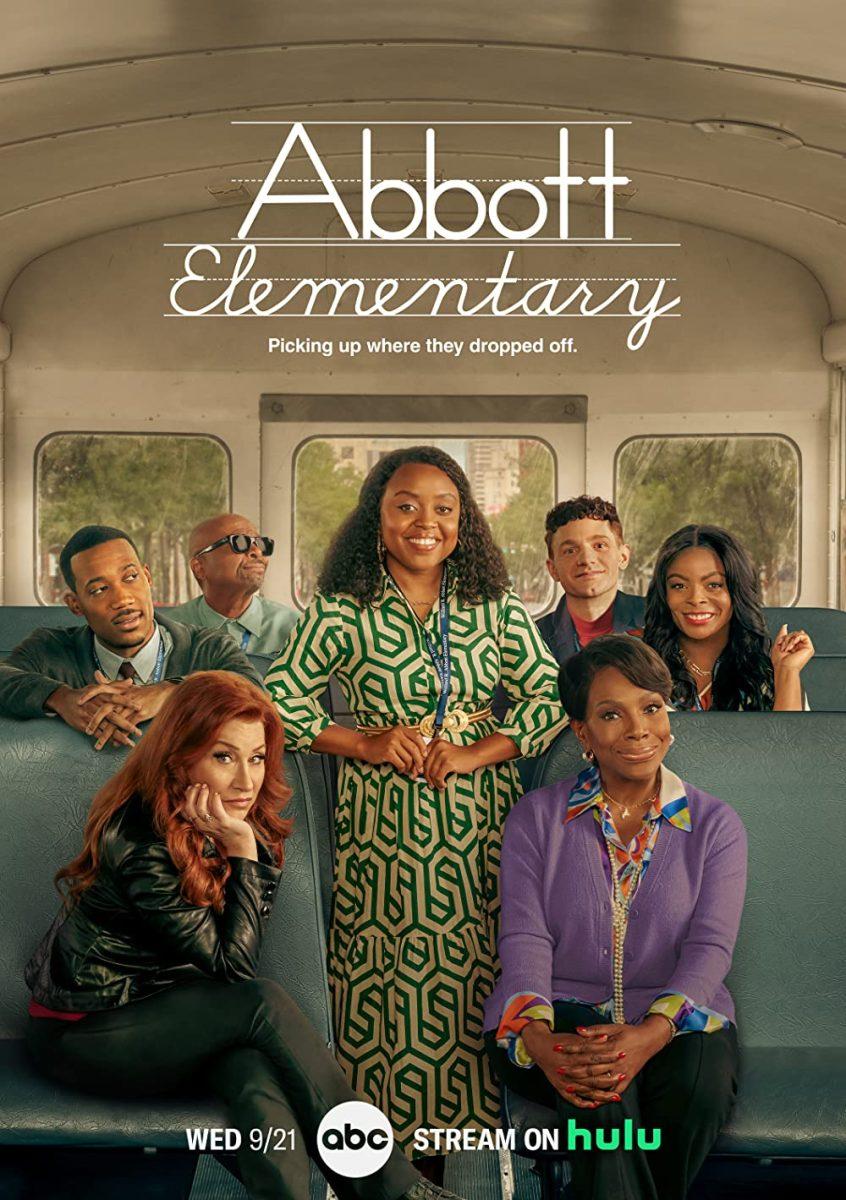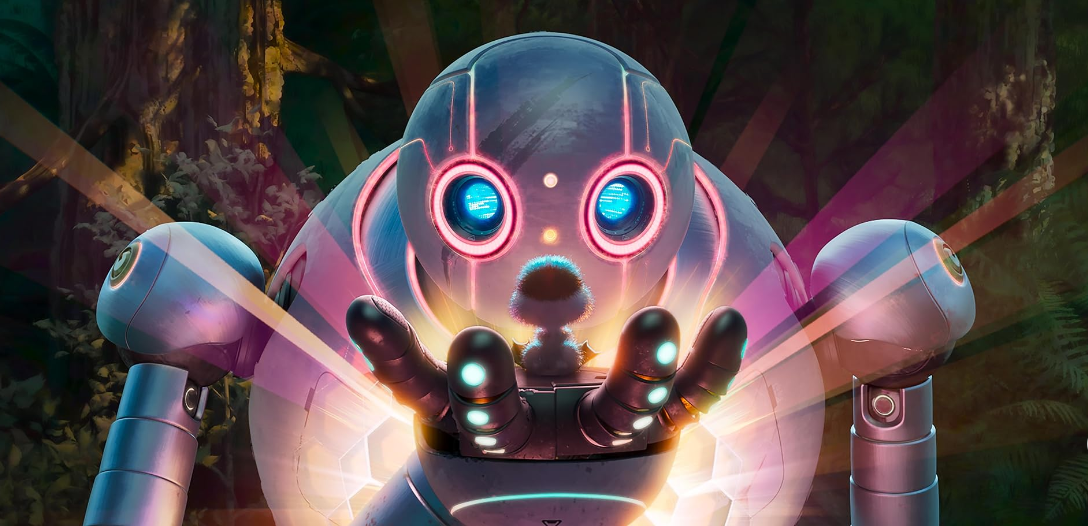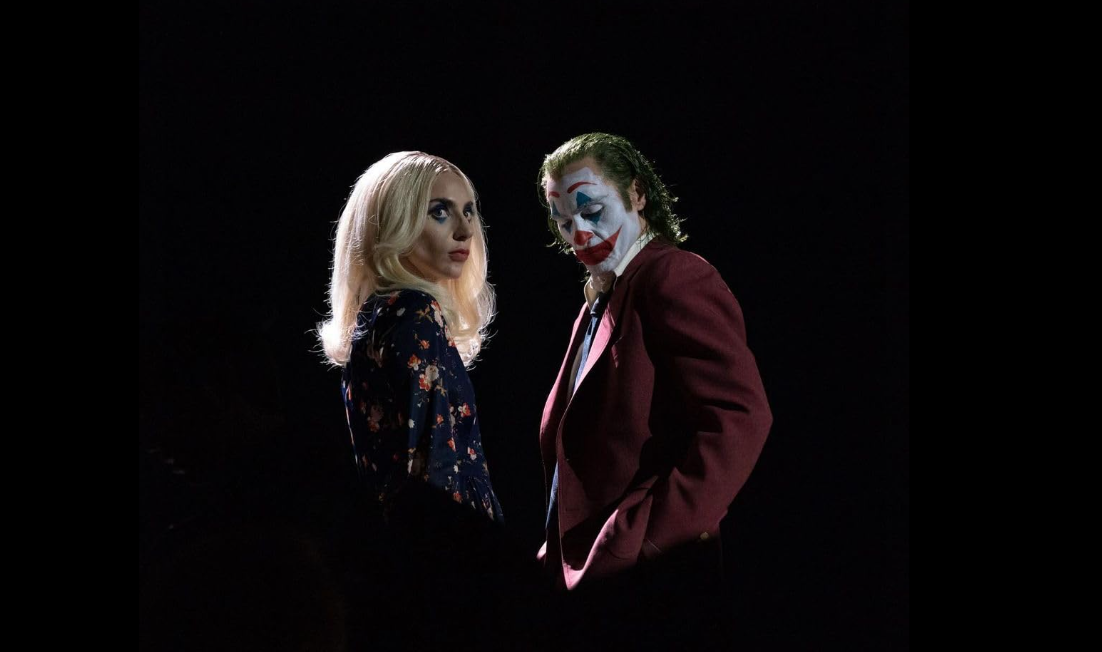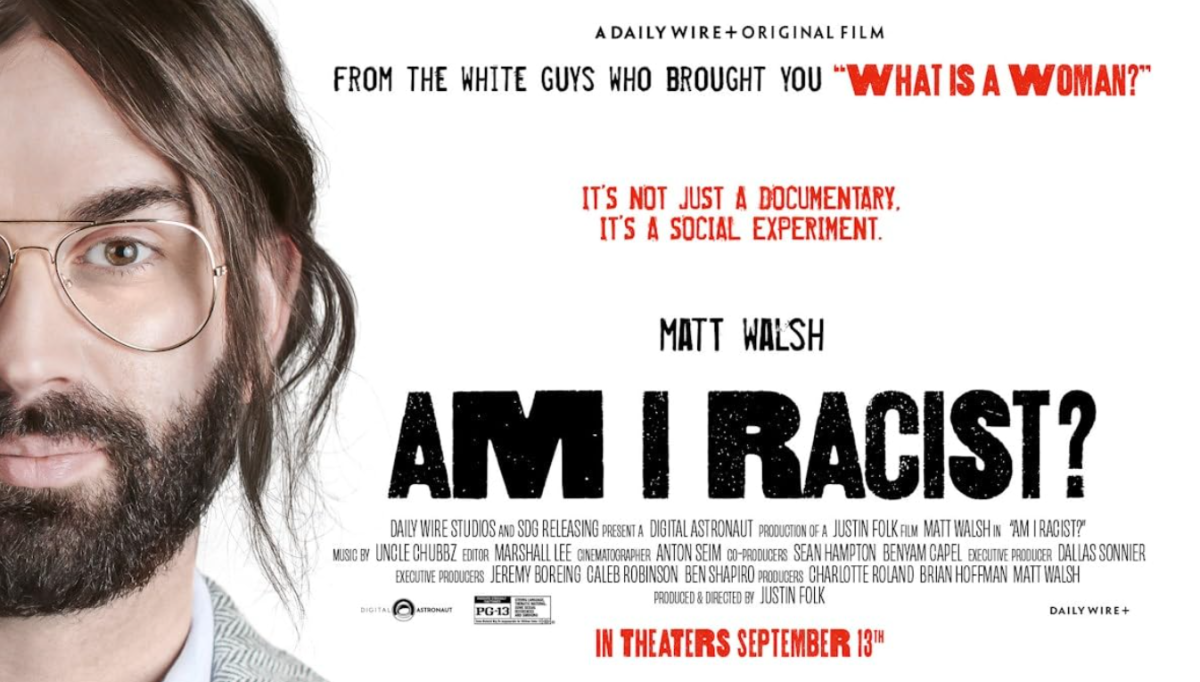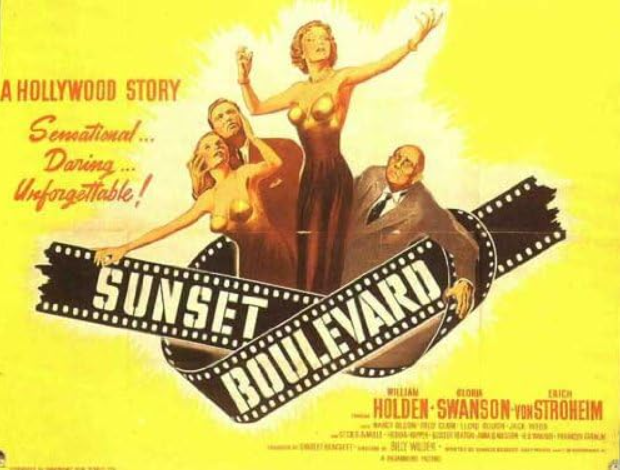It is often said comedy is misery from a distance. Quite often what is tragic to me personally takes on a comedic tone with some distance — whether it be the passage of time which allows me to laugh at my own foibles, or a literal distance, when tragedy occurs to someone else. Perhaps, given the tragic state of K-12 education in this country, that is why we can laugh at “Abbott Elementary.” We laugh in lieu of crying.
In our lifetimes, we have seen eternally underfunded school budgets. We have seen how noble-sounding intentions like “leaving no child behind” have only led to a degeneration of our public school system and to more children being left behind. The 2020 pandemic further widened the learning gap between the haves and the have-nots, and yet certain parents still find themselves enraged with manufactured crises lifted straight off last night’s Fox News chyron. Despite the pretty sentiments and lip service we pay educators, the truth to those listening is clear: we, as a country, do not value the teaching profession.
“Abbott Elementary” makes that same point but avoids being didactic. The show takes place in an impoverished Philadelphia school district. Rather than telling us, it shows us how undervalued teachers are and how they deal with it. Humor is oftentimes how we swallow bitter truths, and the show glitters with good-natured humor.
Created by Quinta Brunson, someone we grew up with and watched on Buzzfeed, “Abbott Elementary” is unapologetically Black. The eponymous fictional elementary school is predominantly Black, staffed with mostly Black teachers whose shoes we are meant to step into and walk a mile. It is no surprise the show has become a hit on Black Twitter to teachers and non-teachers alike. Whether you taught at a public school or merely went through it, “Abbott Elementary” provides ample for you to laugh at.
The second season opens up after summer on Janine Teagues, played by Brunson, keeping a stiff upper lip after breaking up with her high school sweetheart at the season one finale. Janine maintains that she is doing fine until her co-workers begin to uncover that she is not and that she is in a precarious financial situation. Rent is three months past due and Janine’s car gets booted due to her ex-boyfriend’s unpaid parking tickets. Jacob Hill, another teacher at Abbott Elementary, played by Chris Perfetti, lends her some money under the sincere confidence that “President Joey B’s gonna cancel the rest of that debt like any day now.”
Jacob is unapologetically corny. He believes in the efficacy of government, for goodness sake! (In this economy?) He is a white teacher at a Black school, like Hillary Swank in “Freedom Writers,” owns Kendrick records on vinyl and used to do improv comedy. I would not be surprised if we discovered he had a black spade tramp stamp later on this season. (He probably has a 2008 Obama “Hope” poster framed, too.) In other words, Jacob is a well-meaning white liberal. He sincerely tries hard to participate in Black culture respectfully, to his co-workers and the viewing audiences’ malicious delight.
“Abbott Elementary” contains instantly recognizable archetypes for us to latch onto: the jaded veteran educators, overly-enthusiastic first-year teachers and an indifferent administrator. As @lisadabahdest on TikTok points out, the Black women characters’ hair is especially illustrative of their characters. Sheryl Lee Ralph, wearing a 27-piece pixie cut with a bang, plays Barbara Howard, the elder statesman of the school. Barbara’s hair gives mid-2000s auntie realness. Brunson styles her hair simply in a half-up, half-down natural look as Janine, while the school principal Ava Coleman, played by Janelle James, wears a 30-inch middle part buss down on the daily. Everything you need to know about these women is communicated clearly through their hair, a triumph of style.
A common point of reference for those whom I have encountered who used to work in government is “Veep,” a mockumentary comedy about working in the Oval Office. D.C. staffers often cite the candor of its depiction of our ruling class as inept and self-centered. While the show started off in 2012 and continued into the Trump years, as the show wore on, the distance between the fiction of the show and reality inched closer and closer. The Oval Office came to lose its patina of prestige.
“Abbott Elementary” seems to take an opposite approach with its premise: rather than dispelling any scant romantic notion we had of education, the show aims to improve teacher PR, using comedy to explore bitter truths of urban American life. No longer can we turn our heads away from inequity in education; the show is simply too good to turn away from and the teachers, too lovable.
Public education is a joke, that much is publicly known. “Abbott Elementary” simply helps us get in on the inside joke. We tune in to laugh, reminisce about our schoolboy days and every Wednesday at 8 p.m. CST, collectively breathe a sigh of relief that we are not in those teachers’ shoes.



